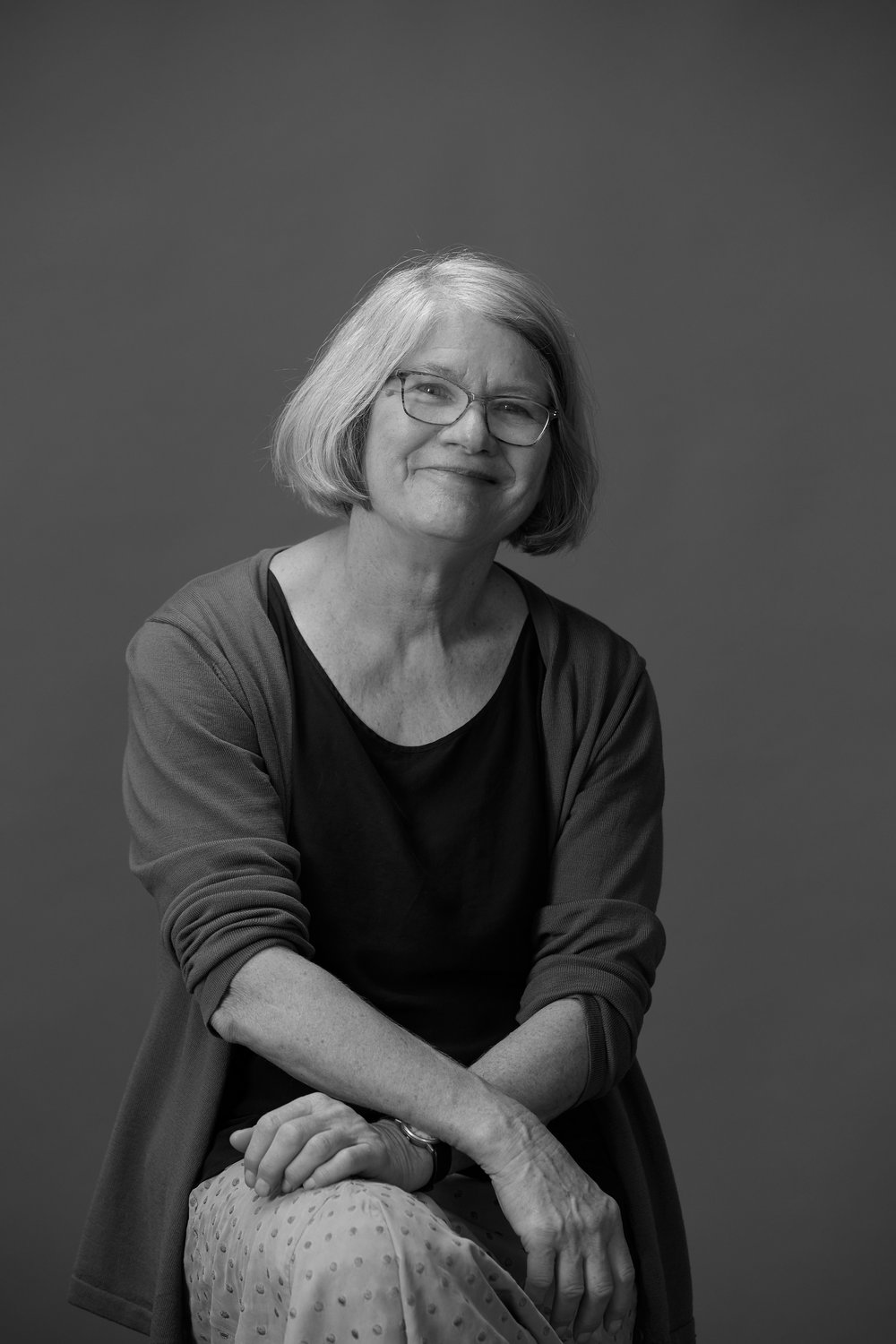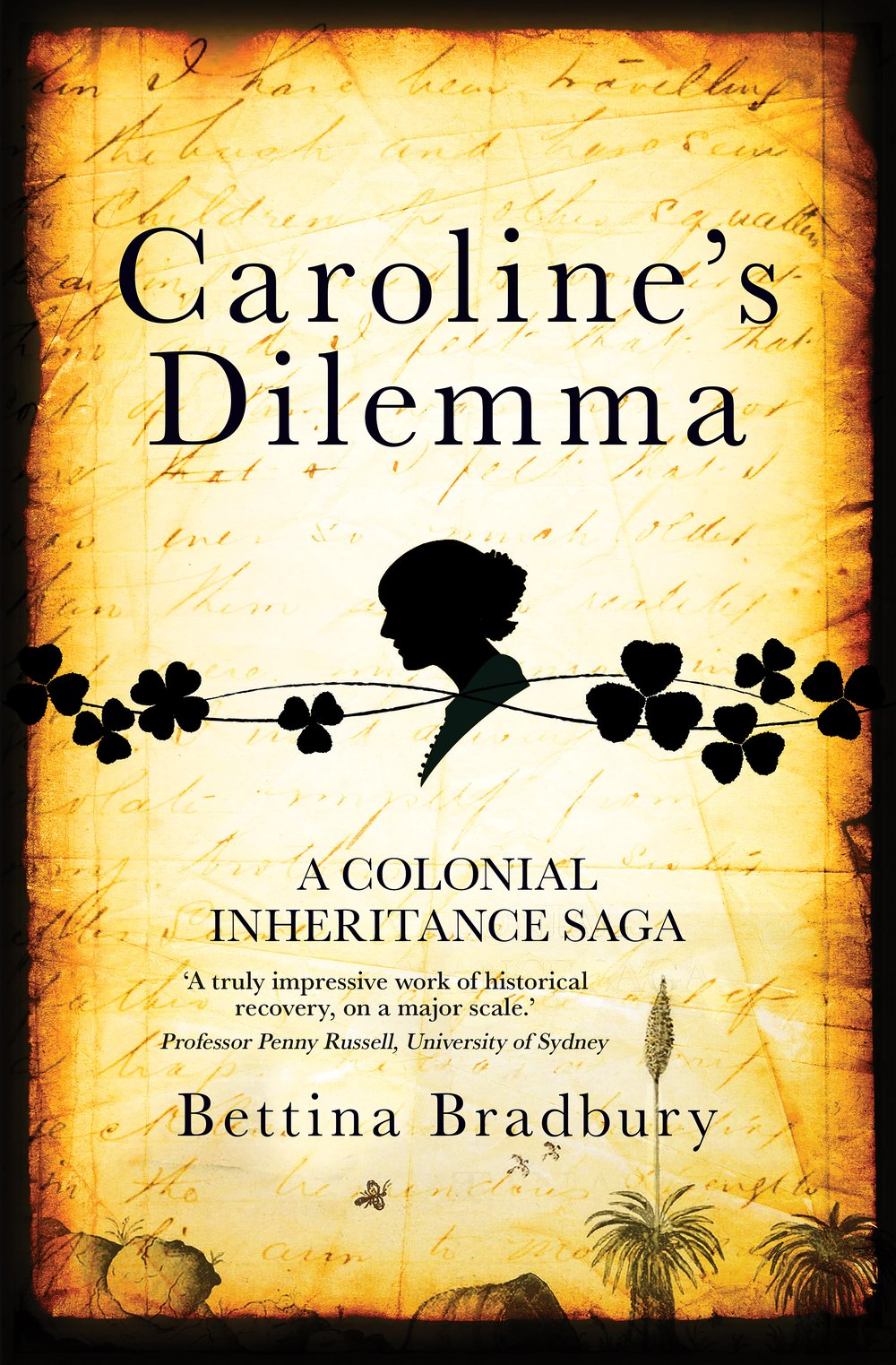I did not plan to write a history about the lives of the unknown Australian settler Caroline Kearney and her children. When I first uncovered evidence of the dilemma that she faced as a widow I was researching the significance of property, marriage and inheritance in four white settler colonies in the nineteenth century British Empire. But, after reading an account of Caroline’s legal struggle against her husband’s final wishes, I felt compelled to dig deeper into the family histories that lay behind the provisions of Edward Kearney’s last will and testament. Written in 1865, as he lay close to death, it presented this 31 year old widow with a dreadful choice. Edward promised her a reasonable annuity to support herself and their six children. She was also to receive a portion of his estate once her children reached adulthood. But, he attached stringent conditions to his bequests. For that support to be paid, she had to move to Ireland with her children and live in a house that her Irish brothers-in-laws would choose. Support for her, but not the children would also cease if she remarried. This attempt to force his family to migrate struck me as one of the most draconian exercises of a husband’s power from the grave that I had encountered.
Caroline had never been to Ireland. She migrated to Australia from England with her parents and five siblings in 1851 at the age of 18. Two years later she married Edward. He had arrived from County Westmeath alone as a young man around 1843 and was fifteen years her senior. He secured leases to run sheep stations on the hunting grounds of Aboriginal peoples, first in South Australia and then in north-western Victoria. Caroline and her eldest son hoped that he would inherit Lockhart, their immense Wimmera sheep station. But, her husband’s will mandated that it be sold to fund their passage to England, her annuity and his other bequests. Like most 19th century women, she had no financial assets of her own. She had no experience earning a living. Nor did the law give her any claim on Lockhart, its thousands of sheep or the considerable improvements made possible, in part, by her domestic labour as wife, mother and station mistress. As a widow, her most important resource was assistance from her own family. Her parents had settled in Robe, South Australia. Most of her siblings lived within visiting distance of that coastal port. Edward’s will threatened to rip Caroline and the children out of this supportive network of English Protestant kin. Agreeing to its conditions would force her to migrate with her children to Ireland and place them under the surveillance of her zealous Irish-catholic brothers-in-law. Not accepting risked leaving her and the children penniless.
Why were these Edward’s final wishes? How did this 31 year old widow respond? Could a dead husband legally force his widow to migrate against her wishes? Would the courts support her attempt to control their future? And how did the lives of Caroline and her children unfold before and after Edward Kearney’s death? Few family records have survived that might have helped me answer these questions. Yet, as I pieced together evidence from archives, newspapers, genealogical sites and legal records I became convinced that theirs was a history that I wanted to share with a wider public. For these apparently dry records revealed courageous, foolish, tragic and sometimes melodramatic twists and turns confirming that fact can indeed be stranger than fiction.
This extraordinary story about one woman and her children offers new insights into the workings of gender, settler colonialism, frontier violence, the patriarchal power of husbands, the law, inheritance, migration, the Irish diaspora and Protestant-Catholic sectarian conflict. Caroline’s Dilemma reminds us that past families were as complicated as current ones. The quandary that Caroline faced highlights why during her lifetime feminists began to fight to change matrimonial property regimes so that women had some control over property as well as access to a wider range of paid employment so they could support themselves. Successive generations of feminists have since sought ways to ensure that inheritance provisions privilege family support and the interests of children over testamentary freedom, that domestic labour is recognised as contributing to family fortunes and that family law provisions divide assets fairly between partners, especially following a divorce. These remain ongoing issues today.
Bettina Bradbury's book Caroline's Dilemma: A colonial inheritance saga will be published by NewSouth in November 2019.



